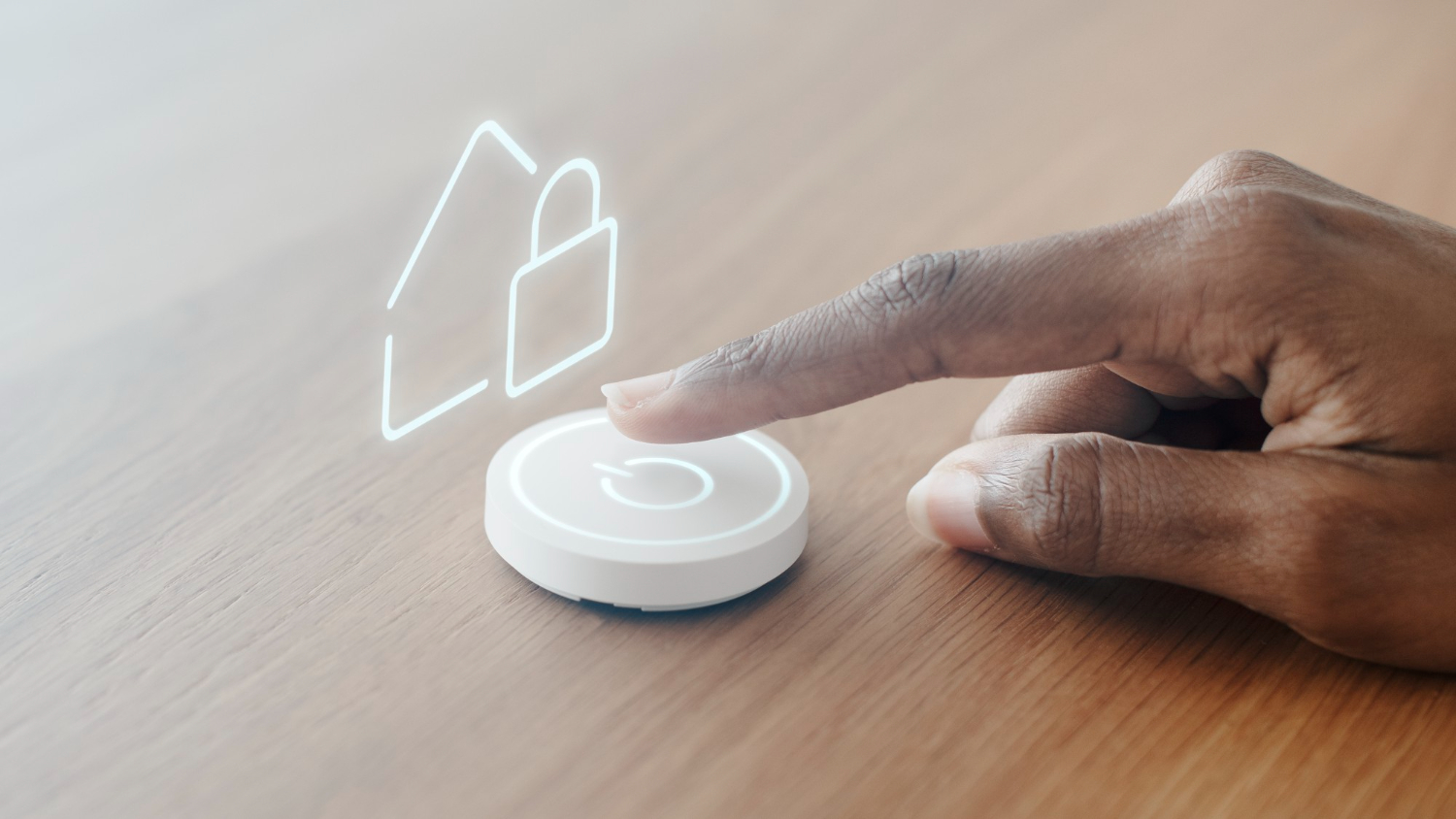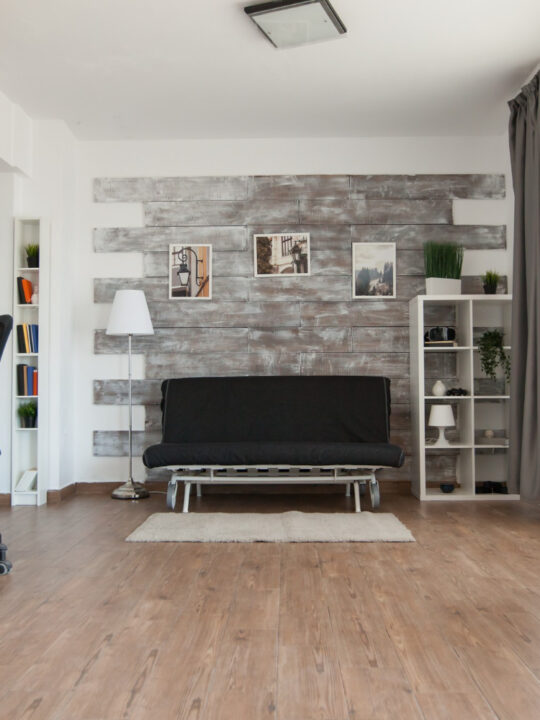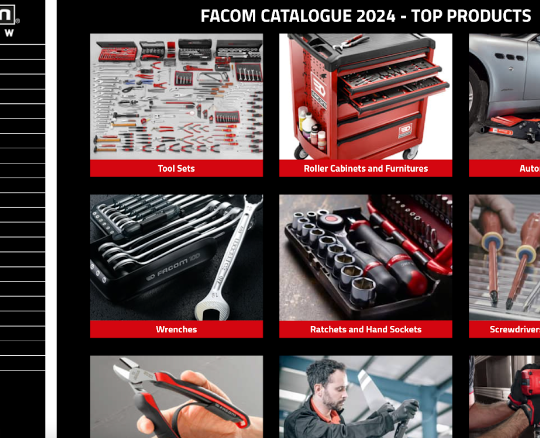 In an increasingly digital age, the way we approach various aspects of our lives has experienced a significant shift. This shift extends to the realm of rental properties, where property owners and managers are exploring innovative ways to provide secure and convenient access to their tenants and guests. One such method gaining popularity is the use of transient access systems that utilize temporary codes for rentals.
In an increasingly digital age, the way we approach various aspects of our lives has experienced a significant shift. This shift extends to the realm of rental properties, where property owners and managers are exploring innovative ways to provide secure and convenient access to their tenants and guests. One such method gaining popularity is the use of transient access systems that utilize temporary codes for rentals.
Table of Contents
What is Transient Access?
Transient access refers to the ability to grant temporary access to individuals for a specific time. In the context of rental properties, this means providing tenants, guests, or service providers with a unique code that allows them to enter the property, without the need for traditional physical keys. These temporary codes can be issued for a few hours, days, or even weeks, depending on the needs of the parties involved.
The Benefits of Transient Access Systems
Transient access systems offer several advantages over traditional key-based access methods. Let’s take a closer look at some of these benefits:
Enhanced Security
One of the primary advantages of transient access systems is enhanced security. With traditional keys, there is always a risk of loss, theft, or duplication. However, with temporary codes, you have better control over who can access the property and when. You can easily revoke a code if it is compromised or no longer needed, eliminating the need to rekey locks or change physical keys.
Convenience and Flexibility
Transient access systems provide greater convenience and flexibility for both property owners and renters. As a property owner or manager, you can grant access remotely, without the need to physically meet tenants or guests to hand over keys. This can save you time and effort, especially if you manage multiple rental properties.
For renters and guests, transient access eliminates the hassle of carrying physical keys or coordinating key exchanges. They can simply enter the temporary code provided to them and enjoy their stay without any inconvenience.
Tracking and Monitoring
Another advantage of transient access systems is the ability to track and monitor access to the property. Most systems provide detailed logs of code usage, including the time and date of entry. This can be valuable for property owners or managers who want to keep tabs on who is entering their rental property and when.
Integration with Smart Door Locks
An exciting and practical application of transient access systems is their integration with smart door locks. These digital locks come equipped with technology that allows property owners to generate and manage unique temporary codes right from their smartphones or computers. This integration not only simplifies the process of managing access to rental properties but also enhances the overall security of the property.
With smart door locks, any access attempt using the temporary codes is logged in real-time, providing an accurate record of who accessed the property and when. Furthermore, these smart devices are often compatible with home automation systems, enabling property owners to monitor and control their properties remotely, thus adding an extra layer of convenience and security to the transient access experience.
How Transient Access Systems Work
Transient access systems typically consist of a combination of hardware and software components. The hardware component includes the lock or access control device, while the software component includes the management platform or app.
To set up a transient access system, property owners or managers need to install compatible locks or access control devices on the property’s entry points. These locks are usually connected to a management platform or app via Wi-Fi or a dedicated hub. Through the management platform, temporary codes can be generated and assigned to individuals based on their specific needs.
When a tenant or guest receives a temporary code, they can enter it into the keypad or smart lock to gain access to the property. Once the designated period expires, the code becomes invalid, and access is no longer granted.
Considerations and Limitations
While transient access systems offer numerous benefits, there are a few considerations to keep in mind:
System Reliability
Transient access systems rely on technology, and like any technology, there is always a possibility of technical glitches or malfunctions. It’s important to choose a reliable and reputable system to minimize the risk of encountering issues. Regular maintenance and updates should also be performed to ensure system reliability.
Internet Connectivity
Transient access systems often require an internet connection for remote management and monitoring. It’s crucial to have a stable and reliable internet connection in place to ensure the system functions properly. Backup options like cellular connectivity or offline functionality can be considered in case of internet outages.
Transient access systems that utilize temporary codes for rentals offer a secure and convenient way to manage access to rental properties. With enhanced security, convenience, and the ability to track and monitor access events, both property owners and renters can benefit from this innovative approach.
As technology continues to advance, transient access systems are becoming more accessible and user-friendly. Property owners and managers can take advantage of these systems to streamline their operations and enhance the rental experience for their tenants and guests.







